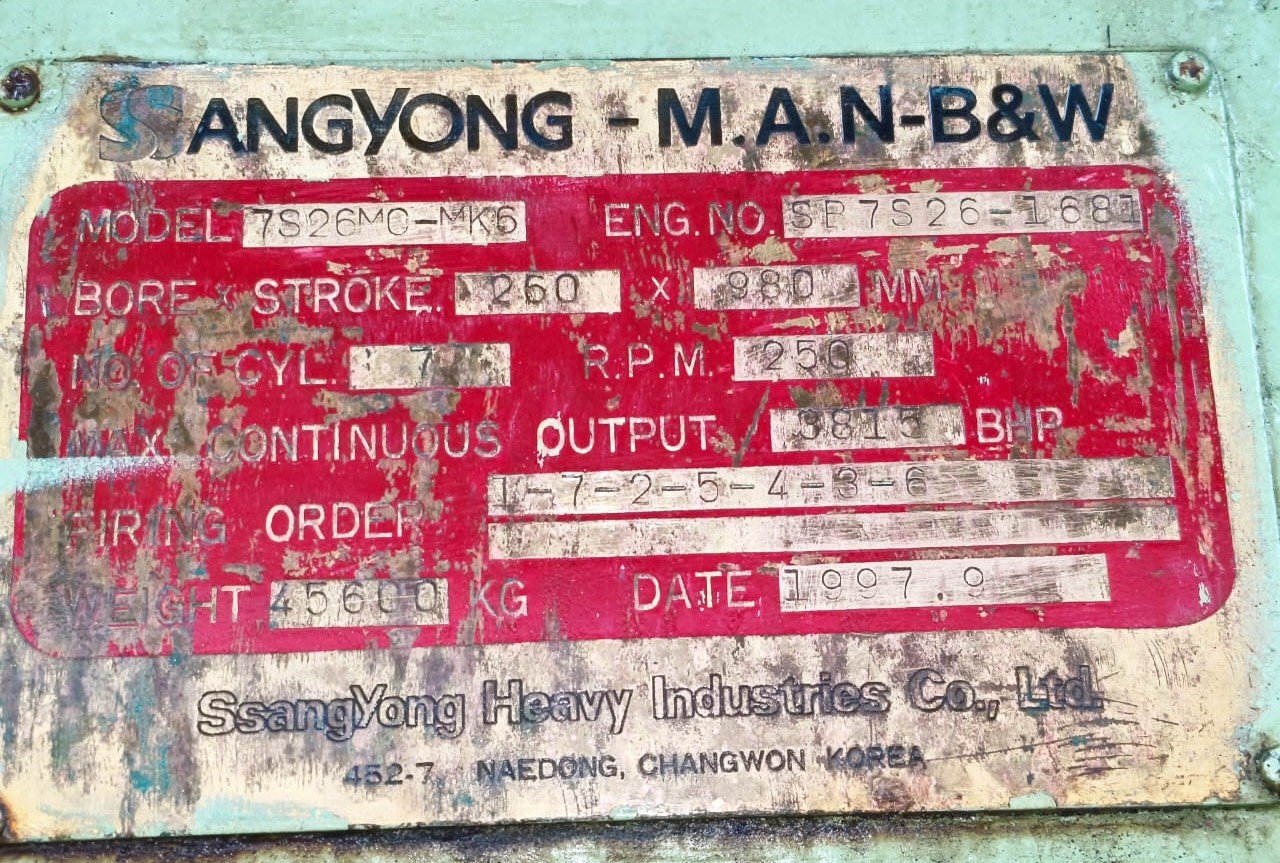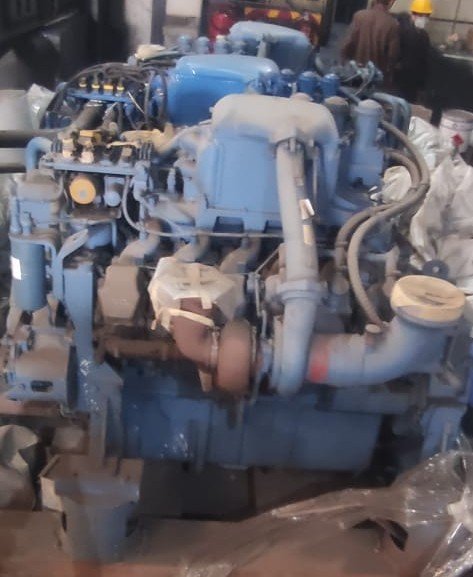Owning a ship means being ready for unexpected engine issues that can disrupt voyages. Marine engines endure harsh conditions like saltwater exposure and constant operation, making breakdowns a real risk. Having the right spares on board allows for quick repairs, ensuring safety and minimizing costly delays. This article explains the top 10 marine engine spares every ship owner should stock, based on essential engine needs, to keep vessels running smoothly.
The Importance of Engine Spares
Marine engines face relentless challenges, from corrosion to mechanical stress. A single component failure can halt operations, especially far from shore. Carrying critical spares enables crews to fix problems swiftly, maintaining reliability and safety. A thoughtfully curated inventory is a ship owner’s best tool for avoiding downtime. Below are the top 10 engine spares to keep on hand.
1. Diesel Fuel Filters
Before fuel enters the engine, diesel fuel filters filter out contaminants including water and grime. Contaminated fuel can clog injectors or damage components, leading to power loss. Spare diesel fuel filters are easy to swap out and prevent engine issues. Stocking filters suited to your engine ensures clean fuel flow and consistent performance.
2. Lubricating Oil Filters
Lubricating oil filters keep engine oil free of debris, protecting moving parts from wear. Dirty oil can cause friction, damaging critical components like crankshafts. Spare oil filters allow for timely replacements, maintaining smooth operation. Keeping filters that match your engine’s requirements is essential for long-term reliability.
3. Cooling System Impellers
Cooling systems circulate coolant or water to keep engines from overheating. Impellers, the rotating blades inside pumps, can break or wear out due to debris or age. A failed impeller risks engine damage from overheating. Spare impellers are compact and quick to install, making them vital for uninterrupted cooling.
4. Cylinder Head Gaskets
By sealing the engine’s combustion chamber, cylinder head gaskets stop coolant, oil, or gas leaks. Engine damage or performance problems may result from gasket failure brought on by heat and pressure. Spare gaskets ensure crews can address leaks promptly, maintaining engine efficiency. These spares are lightweight and critical for emergencies.
5. Fuel Pump Diaphragms
Fuel pumps deliver fuel to the engine, and diaphragms are key components that regulate flow. A torn or worn diaphragm can disrupt fuel delivery, causing engine stalls. Spare diaphragms are small, affordable, and easy to replace, ensuring consistent fuel supply. Stocking the right type for your pump is crucial.
6. Alternator Belts
Alternator belts drive the alternator, which charges batteries and powers electrical systems. Navigation tools and other vital equipment may lose power due to wear or breakage. Because spare belts are easy to replace and store, power outages are avoided. Keeping belts matched to your alternator’s specifications ensures reliability.
7. Glow Plugs (for Diesel Engines)
Glow plugs heat the combustion chamber in diesel engines to aid starting, especially in cold conditions. Faulty glow plugs can make starting difficult or impossible. Spare glow plugs are small and easy to install, ensuring reliable engine starts. They’re a must for diesel-powered vessels operating in varied climates.
8. Temperature Sensors
Engine heat levels are tracked by temperature sensors, which warn staff of possible overheating. Engine damage could result from a defective sensor’s inability to identify problems. Accurate monitoring is maintained through the rapid replacement of spare sensors. These minor parts are crucial for avoiding expensive overheating issues.
9. Starter Solenoids
To start the engine, starter solenoids activate the starter motor. A faulty solenoid can prevent the engine from starting, leaving the ship stranded. Spare solenoids are compact and straightforward to replace, restoring starting capability. Stocking them ensures your engine is ready to go when needed.
10. Piston Rings
Piston rings seal the combustion chamber, ensuring efficient power delivery and preventing oil leaks. Worn or damaged rings can reduce engine power and increase fuel consumption. Spare piston rings allow for repairs during long voyages, maintaining performance. These spares are vital for older or high-use engines.
Strategies for Effective Spare Management
To optimize your spares inventory, follow these practical steps:
- Secure Storage: Keep spares in a dry, organized space to prevent damage from moisture or mishandling.
- Verify Fit: Ensure spares match your engine’s make and model for quick, effective repairs.
- Routine Checks: Inspect spares regularly to confirm they’re in good condition and ready for use.
- Log Usage: Record which spares are used and restock promptly to avoid shortages.
- Choose Durability: Select high-quality spares to ensure they perform reliably under marine conditions.
These steps help crews address engine issues efficiently, keeping the vessel operational.
Why Being Prepared Matters
Stocking these top 10 marine engine spares—diesel fuel filters, lubricating oil filters, cooling system impellers, cylinder head gaskets, fuel pump diaphragms, alternator belts, glow plugs, temperature sensors, starter solenoids, and piston rings—equips ship owners to handle unexpected failures.
Each spare supports a critical engine function, from fuel delivery to temperature regulation. A minor issue, like a worn gasket or failed sensor, can escalate without spares, leading to major problems.
By maintaining a robust spares inventory, ship owners can avoid delays, reduce repair costs, and protect their crew and cargo. Preparedness ensures safe and successful voyages, no matter the challenges at sea.
Conclusion
Every ship owner, from small boat operators to large vessel managers, needs a reliable stock of marine engine spares to tackle issues on the water. The top 10 spares listed above are essential for keeping engines running efficiently and avoiding disruptions. By investing in quality spares and managing them wisely, ship owners can sail confidently, knowing their vessel is prepared for any situation.


